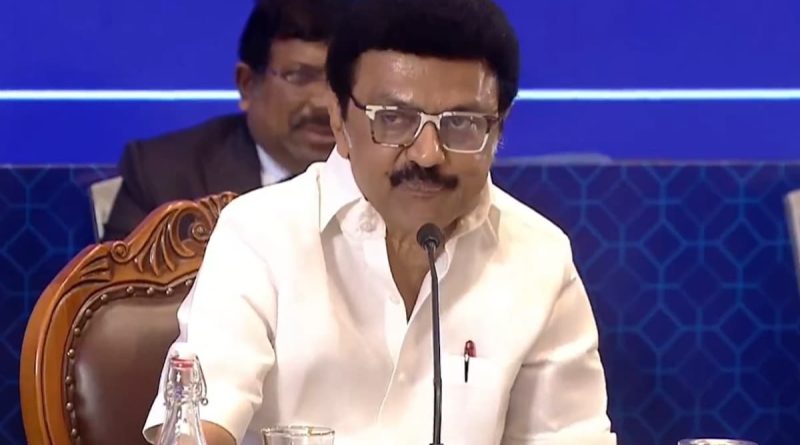MK Stalin Welcomes Supreme Court Criticism of Governor
Chennai: A Historic Victory for Tamil Nadu
Tamil Nadu has achieved a significant legal victory in the Supreme Court, as Chief Minister MK Stalin announced on Tuesday. The court determined that Governor RN Ravi’s decision to withhold assent for 10 bills, including two passed under the previous AIADMK administration, was “illegal” and “arbitrary”. This ruling marks a pivotal moment in the state’s legislative process and governance.
Supreme Court’s Landmark Decision
In his brief address to the state Assembly, Chief Minister Stalin expressed his satisfaction with the Supreme Court’s decision. “The Supreme Court has granted assent to all the bills we passed, which the Governor had previously refused to approve,” he declared. This judgement is seen as a triumph not just for Tamil Nadu, but for all Indian states facing similar challenges with their Governors, who are appointed by the central government.
Call for Governor’s Resignation
The ruling party has taken a strong stance, demanding the resignation of Governor RN Ravi. The DMK has had several confrontations with the Governor and emphasized the need for him to step down “out of respect for the office of the Governor.” This highlights the ongoing tension and hostilities between the state government and the Governor.
Supreme Court’s Criticism of Governor’s Delays
Earlier in the day, a bench comprising Justice JB Pardiwala and Justice R Mahadevan ordered that the pending bills be “cleared from the date they were re-presented to the Governor,” noting that the Governor did not act in “good faith.” Over the years, the DMK has accused Governor Ravi of intentionally delaying their bills and obstructing the state’s development initiatives by “undermining the elected administration.”
The Impact on State and National Politics
The DMK has argued that the Governor’s actions amount to “undermining the will of the people” by delaying essential legislative processes. The ongoing dispute between the state government and the Governor has often made headlines and reached the Supreme Court. In January, the Supreme Court urged both parties to resolve their differences, warning that it would be compelled to intervene if they failed to do so.
Broader Implications for Non-BJP States
As early as November 2023, the court had pressed Governor Ravi with challenging questions, such as, “These bills have been pending since 2020… What was he doing for three years?” This ruling comes at a time of heightened tensions between the state and the central government over contentious issues like delimitation, the ‘Hindi imposition’ debate, and the rejection of a bill seeking Tamil Nadu’s exemption from the NEET, the national entrance test for medical courses.
Looking Ahead to Future Elections
This decision is a morale booster for the DMK as it prepares for the upcoming Assembly election. The political landscape is charged, with the DMK and its allies, including the Congress, the AIADMK, and the BJP, all gearing up for the electoral battle. The Supreme Court’s ruling may influence the electoral dynamics and offer the DMK a strategic advantage.
“`

